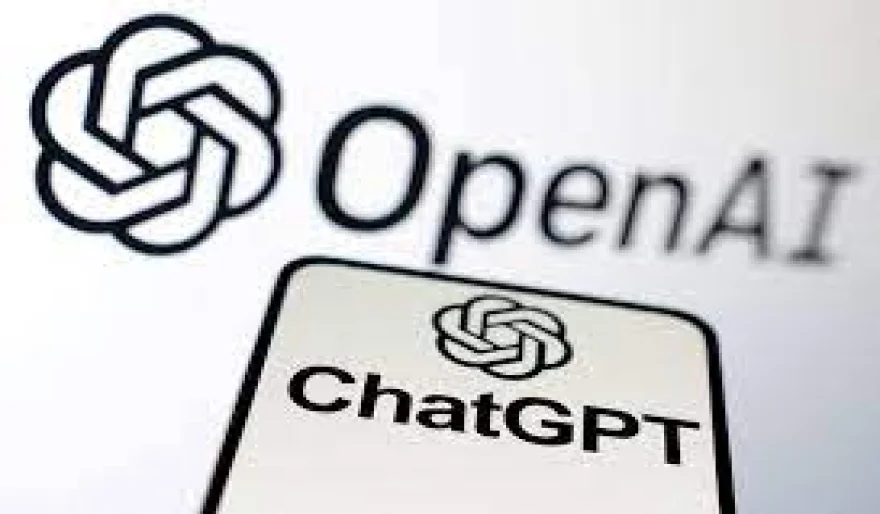Stay Ahead of the Curve
Latest AI news, expert analysis, bold opinions, and key trends — delivered to your inbox.
OpenAI's "GPT" Trademark Request Denied
5 min read The U.S. Patent and Trademark Office (USPTO) has denied OpenAI's attempt to trademark "GPT" for their generative pre-trained transformer models. February 16, 2024 06:31
The U.S. Patent and Trademark Office (USPTO) recently denied OpenAI's attempt to trademark "GPT" for their generative pre-trained transformer models. Here's a breakdown of the situation:
Why was the trademark denied?
The USPTO ruled that "GPT" is descriptive, meaning it directly describes the technology and its function. This makes it difficult to grant exclusive use of the term to OpenAI. Additionally, the term "GPT" has already been used by other companies and researchers in the field, further diminishing its distinctiveness.
What does this mean for OpenAI and others?
OpenAI can continue using "GPT" in their product names and branding. However, they cannot prevent other companies from using the term in a descriptive manner for similar technologies. This could potentially lead to confusion among consumers, as different companies might use "GPT" for different products with varying functionalities.
What are the potential implications?
The rejection of the "GPT" trademark could have several implications:
- Standardization: It might encourage the adoption of a more generic term for this type of technology, leading to clearer understanding for users.
- Competition: It could open up the field to more competition, as other companies are free to use "GPT" in their branding.
- Brand Identity: OpenAI might need to rely more on other elements of their brand identity to differentiate themselves from competitors.
What's next for OpenAI?
While the "GPT" trademark denial might be a setback, it doesn't hinder OpenAI's development of their technology. They can continue innovating and building on their successes in the field of large language models. They might also explore alternative branding strategies to solidify their position in the market.



















 AI Agents
AI Agents